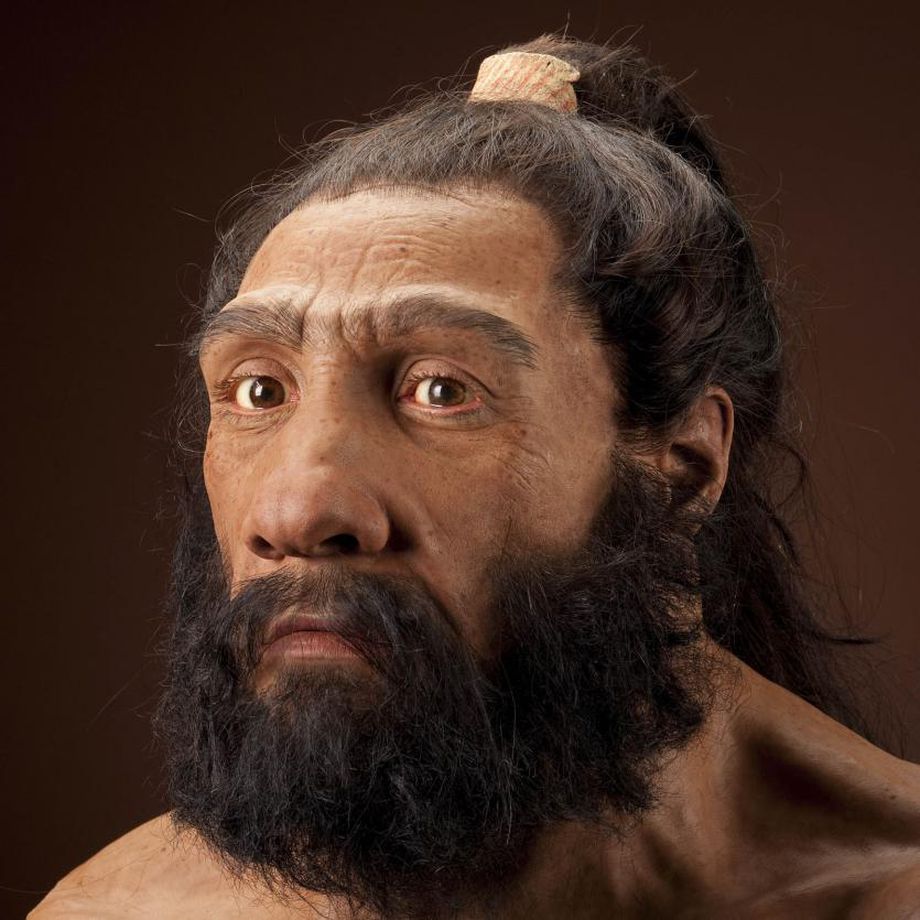Next level science: Lab-grown mini Neanderthal brains
Scientists are hoping to understand how modern and prehistoric biology differed from one another by creating ‘mini-brains’ in the lab using Neanderthal DNA.
We can say that there are no limitations to what science and technology can do today. People are curious to find out everything about everything and considering that the subject they’re most fascinated with is the human brain. For this reason, they decided it was time to take the paleogenetics research to the next level and do something creative – create some Neanderthal brains.
In the next few months, scientists have a very interesting, yet quite challenging task – to develop brain organoids from human stem cells that have been previously modified to contain certain genes of Neanderthal DNA. These new organoids will be the size of a lentil, which means they will not be capable of feelings or thoughts, but they will replicate certain basic structures that can be found in a regular adult brain.
If this works, it would be the first time scientists could study the biological differences between Neanderthal and human brains.
This experiment is being performed at the Max Planck Institute for Evolutionary Anthropology, which is located in Leipzig, Germany and the one that conducts this experiment is Prof. Svante Pääbo, the director of the genetics department.
“Neanderthals are the closest relatives to everyday humans, so if we should define ourselves as a group or a species it is really them that we should compare ourselves to,” said Prof. Pääbo.
Pääbo was also the one who managed to crack the Neanderthal genome and received international recognition for his efforts. This time, he engaged his lab team in a new, probably even more complicated project – creating brains.
They will start from genetically engineering regular human stem cells in order to insert the Neanderthal version of the genes into them. Three genes that are connected to the neurological growth will be targeted and a specific protein-rich formula will be introduced into the cells that will force them to develop into neurons. The process of organoids forming will take several months.
“We’re seeing if we can find basic differences in how nerve cells function that may be a basis for why humans seem to be cognitively so special,” said Prof Pääbo.
According to the latest studies, it has been proven that all people today carry up to 4% of Neanderthal DNA. Nevertheless, it’s worth mentioning that there are some genetic dead zones too – there are certain stretches of this genome that no one inherited and a possible cause for this may be that they provided certain disadvantages related to fertility, health, physical appearance or cognition. This is exactly what scientists are trying to discover.
“We want to know whether among those things, is there something hiding there that really sets us apart? Is there a biological basis for why modern humans went on to become millions and eventually billions of people, spread across the world and have culture? It’s tempting to think that, yes,” explained Prof Pääbo.
Of course, there’s also a possibility that they find out the answer to their question is no.







